Six years after Nigeria became a sovereign nation, the country witnessed an unprecedented development, which still haunts it 51 years after.
Chukwuma Kaduna Nzeogwu (pictured speaking the rebellion), a major in the army, led some of his colleagues to overthrow a civilian government.
The casualties of that coup d’etat, which occurred on January 15, 1966, are Abubakar Tafawa Balewa, then the prime minister; Ahmadu Bello, the Sardauna of Sokoto; Samuel Akintola, the premier of the Western Region; Festus Okotie-Eboh, the finance minister, among others.
Between then and now, Nigeria has witnessed at least eight coups and the objectives given for carrying out the coups were not achieved, meaning that military intervention is far from the solution that a country needs. In this piece, we highlight five lessons that Nigeria ought to have learnt from the first ever putsch.
Advertisement
COUPS DON’T WIPE CORRUPTION OUT
In his speech, Nzeogwu said the aim of the revolutionary council was to establish “a strong united and prosperous nation, free from corruption and internal strife”.
But corruption is far from over in Nigeria despite the efforts of successive governments to rid the country of the menace. The problem of corruption is even getting deeper, proving that the the coup failed to achieve what was perhaps its most important aim.
THE ENEMIES ARE STILL WITH US
“Our enemies are the political profiteers, the swindlers, the men in high and low places that seek bribes and demand 10 percent; those that seek to keep the country divided permanently so that they can remain in office as ministers or VIPs at least, the tribalists, the nepotists, those that make the country look big for nothing before international circles, those that have corrupted our society and put the Nigerian political calendar back by their words and deeds,” Nzeogwu said.
Advertisement
The coup leader made it clear that through the support and assistance of Nigerians, the so-called enemies would be defeated. One look at the polity and all these people are still intact.
THE NIGERIAN SHAME STILL A REALITY?
Whether the coup plotters meant it or not, one of their objectives was to make the citizens “no more ashamed to say that they are Nigerians”.
But the present realities show otherwise. Fifty-one years after that event, many Nigerians do not have patriotic spirit. While many countries which were at par with the country in the 60s have since joined global economies, Nigeria is still grappling with numerous challenges, leaving many with nothing but just associating with the country through identity. In any case, too many Nigerians are not proud of their nationality; not that they are unpatriotic, they’re just finding it hard to pinpoint how their country is serving them.
REFORMATION OF THE SOCIETY
As a measure to check immorality, the military regime of Johnson Aguiyi-Ironsi, which seized power after the coup, introduced death penalty to prevent excesses such as looting, arson, homosexuality, rape, embezzlement, bribery or corruption, obstruction of the revolution, sabotage, subversion”.
Advertisement
Has the maximum sentence restored orderliness into the country? Everyone has the answer!
OPPRESSION EVERYWHERE
“We are not promising anything miraculous or spectacular. But what we do promise every law-abiding citizen is freedom from fear and all forms of oppression,” Nzeogwu had said.
Like other promises, the short-lived regime could not liberate the people in the exact manner it promised, and signs of oppression, even by the military itself, remain commonplace.
The plotters of that coup hinged their action on marginalistation of their ethnic group. Incidentally, there is a renewed campaign against this same ‘marginalisation’, with attempt to resuscitate the Republic of Biafra.
Advertisement
Nigeria’s unravelling over the past decades has shown that coups are far from the solution to any of the country’s problems. Hard to say if Nigerians have learnt this lesson, but time will surely tell.
Advertisement
6 comments

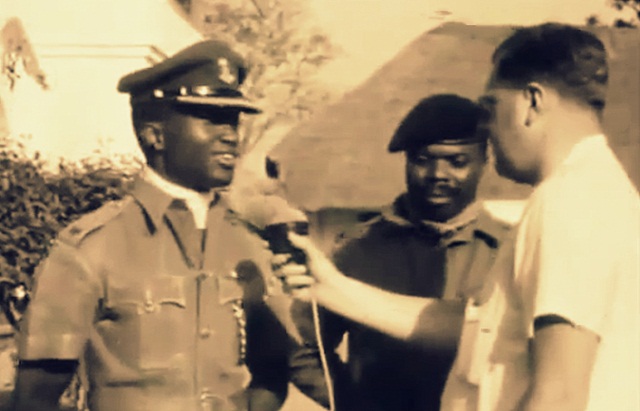
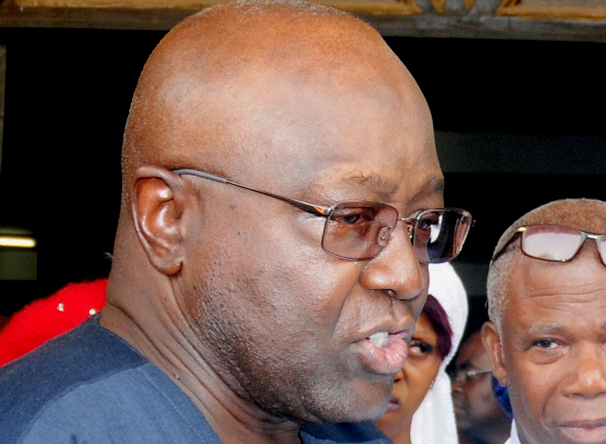
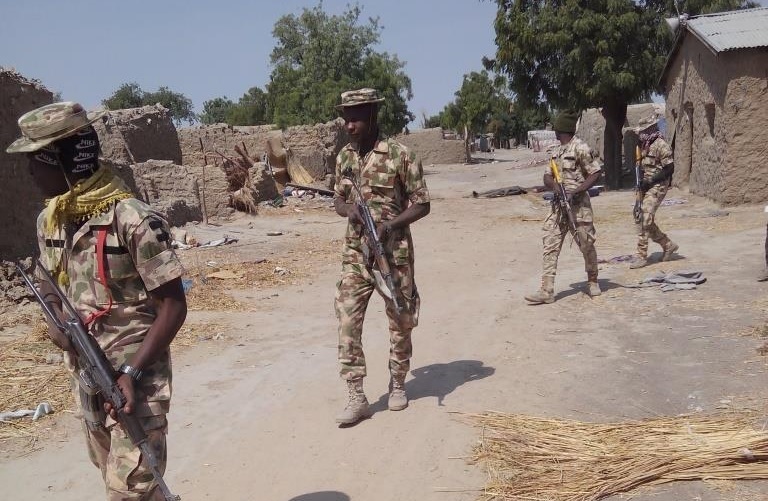
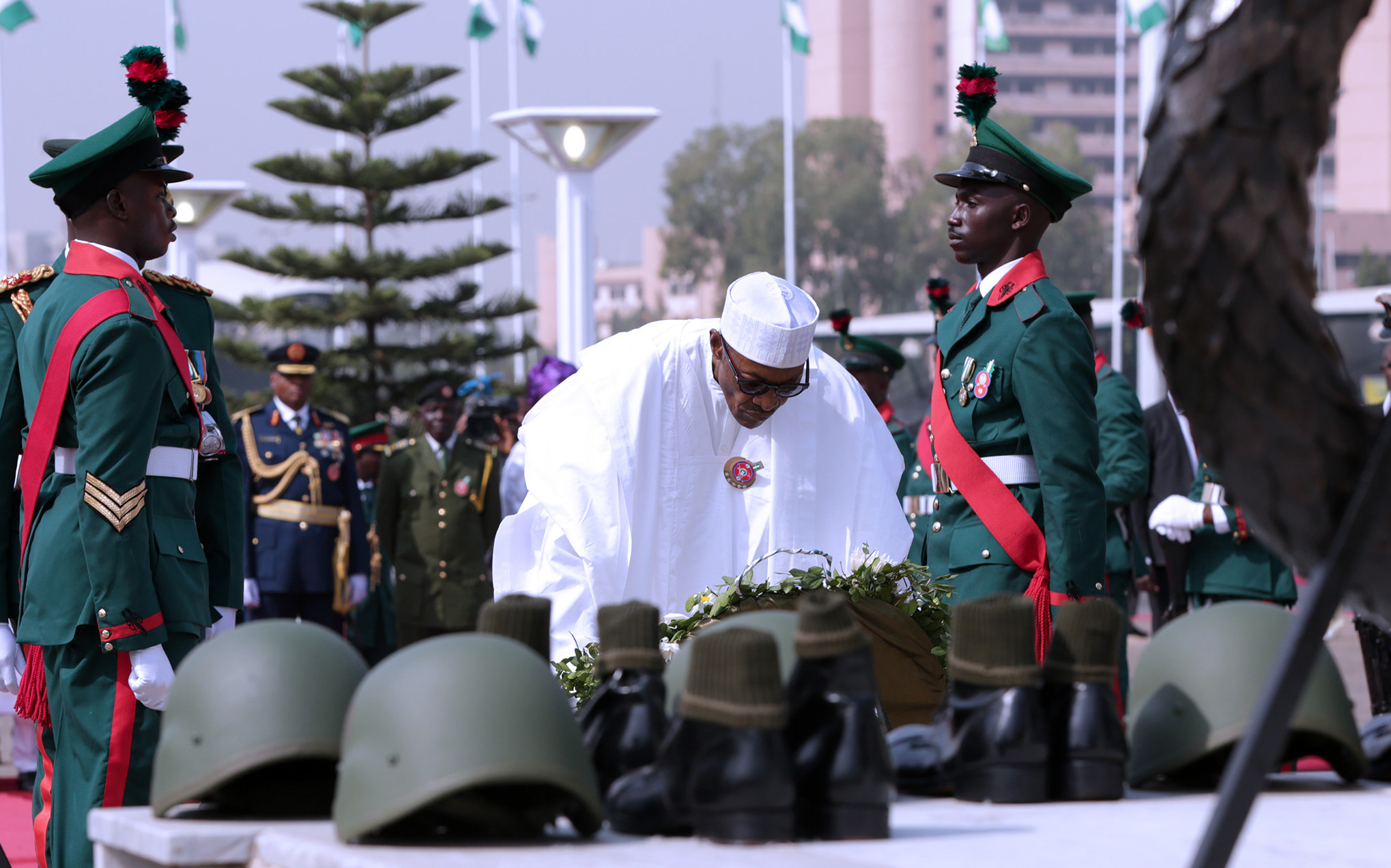
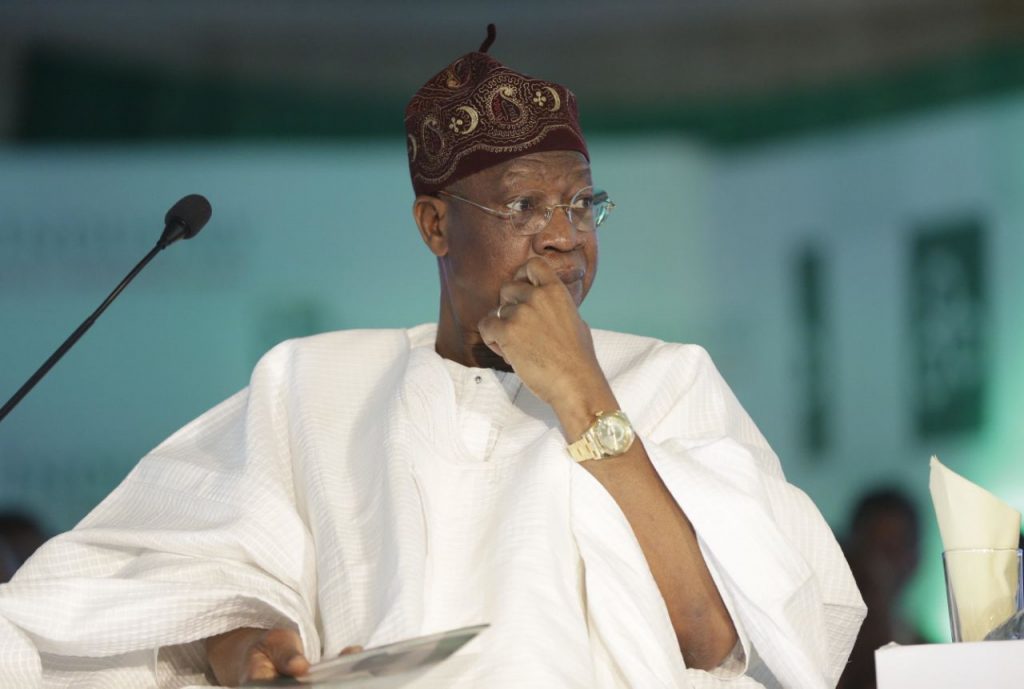
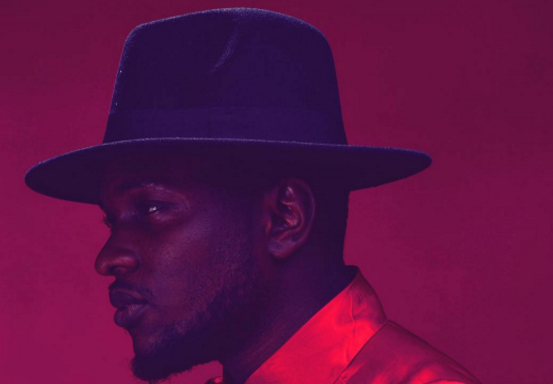

RE: 5 UNFULFILLED PROMISES OF THE JAN 15, 19966 COUP.
On your Saturday 16th January write up with the caption “5 unfulfilled promises of the Jan 15, 1966 coup” you numerated 5 key points that instrumentised your submission that “Nigeria has witnessed at least eight coups and the objectives given for carrying out the coups were not achieved, meaning that military intervention is far from the solution that a country needs. In this piece, we highlight five lessons that Nigeria ought to have learnt from the first ever putsch”.
“FROM THE FIRST EVER PUTSCH” i.e the January 15, 19966 Coup
In that piece Taiwo George (The Cable), you wrote in the third paragraph of the fifth and last key point, OPPRESSION EVERYWHERE “The plotters of that coup hinged their action on marginalisation of their ethnic group. Incidentally, there is a renewed campaign against this same ‘marginalisation’, with attempt to resuscitate the Republic of Biafra”
This is not only wrong, misleading, distortion of facts but unprofessional.
If only you cared to crosscheck your facts well and history correctly before going to press. The reasons and motive of the January 15 Coup of 1996 was well captured in the speech “Our enemies are the political profiteers, the swindlers, the men in high and low places that seek bribes and demand 10 per cent; those that seek to keep the country divided permanently so that they can remain in office as ministers or VIPs at least, the tribalists, the nepotists, those that make the country look big for nothing before international circles, those that have corrupted our society and put the Nigerian political calendar back by their words and deeds”
Never was marginalization of any tribe or region mentioned in the speech or the actions of the main actors insinuate tribal marginalization as one the motive behind the coup. That is why your submission is very misleading and dangerous to say the list. This needs to be corrected as we have younger readers who might go away with this “Tribal Marginalization” concept of yours.
For you records and future references here is the full text of the coup radio broadcast;
“IN the name of the Supreme Council of the Revolution of the Nigerian Armed Forces, I declare martial law over the Northern Provinces of Nigeria. The Constitution is suspended and the regional government and elected assemblies are hereby dissolved.
All political, cultural, tribal and trade union activities, together with all demonstrations and unauthorised gatherings, excluding religious worship, are banned until further notice.
The aim of the Revolutionary Council is to establish a strong united and prosperous nation, free from corruption and internal strife. Our method of achieving this is strictly military but we have no doubt that every Nigerian will give us maximum cooperation by assisting the regime and not disturbing the peace during the slight changes that are taking place.
I am to assure all foreigners living and working in this part of Nigeria that their rights will continue to be respected. All treaty obligations previously entered into with any foreign nation will be respected and we hope that such nations will respect our country’s territorial integrity and will avoid taking sides with enemies of the revolution and enemies of the people.
My dear countrymen, you will hear, and probably see a lot being done by certain bodies charged by the Supreme Council with the duties of national integration, supreme justice, general security and property recovery.
As an interim measure all permanent secretaries, corporation chairmen and senior heads of departments are allowed to make decisions until the new organs are functioning, so long as such decisions are not contrary to the aims and wishes of the Supreme Council.
No Minister or Parliamentary Secretary possesses administrative or other forms of control over any Ministry, even if they are not considered too dangerous to be arrested.
This is not a time for long speech-making and so let me acquaint you with ten proclamations in the Extraordinary Orders of the Day which the Supreme Council has promulgated.
These will be modified as the situation improves.
You are hereby warned that looting, arson, homosexuality, rape, embezzlement, bribery or corruption, obstruction of the revolution, sabotage, subversion, false alarms and assistance to foreign invaders, are all offences punishable by death sentence.
Demonstrations and unauthorised assembly, non-cooperation with revolutionary troops are punishable in grave manner up to death. Refusal or neglect to perform normal duties or any task that may of necessity be ordered by local military commanders in support of the change will be punishable by a sentence imposed by the local military commander.
Spying, harmful or injurious publications, and broadcasts of troop movements or actions, will be punished by any suitable sentence deemed fit by the local military commander. Shouting of slogans, loitering and rowdy behaviour will be rectified by any sentence of incarceration, or any more severe punishment deemed fit by the local military commander.
Doubtful loyalty will be penalised by imprisonment or any more severe sentence. Illegal possession or carrying of firearms, smuggling or trying to escape with documents, valuables, including money or other assets vital to the running of any establishment will be punished by death sentence.
Wavering or sitting on the fence and failing to declare open loyalty with the revolution will be regarded as an act of hostility punishable by any sentence deemed suitable by the local military commander. Tearing down an order of the day or proclamation or other authorised notices will be penalised by death.
This is the end of the Extraordinary Order of the Day which you will soon begin to see displayed in public. My dear countrymen, no citizen should have anything to fear, so long as that citizen is law abiding and if that citizen has religiously obeyed the native laws of the country and those set down in every heart and conscience since 1st October, 1960.
Our enemies are the political profiteers, the swindlers, the men in high and low places that seek bribes and demand 10 percent; those that seek to keep the country divided permanently so that they can remain in office as ministers or VIPs at least, the tribalists, the nepotists, those that make the country look big for nothing before international circles, those that have corrupted our society and put the Nigerian political calendar back by their words and deeds.
Like good soldiers we are not promising anything miraculous or spectacular. But what we do promise every law abiding citizen is freedom from fear and all forms of oppression, freedom from general inefficiency and freedom to live and strive in every field of human endeavour, both nationally and internationally. We promise that you will no more be ashamed to say that you are a Nigerian.
I leave you with a message of good wishes and ask for your support at all times, so that our land, watered by the Niger and Benue, between the sandy wastes and gulf of guinea, washed in salt by the mighty Atlantic, shall not detract Nigeria from gaining sway in any great aspect of international endeavour. My dear countrymen, this is the end of this speech.
I wish you all good luck and I hope you will cooperate to the fullest in this job which we have set for ourselves of establishing a prosperous nation and achieving solidarity.”
Thank you.
You could not be more correct in pointing out that the marginalization of any ethnic group was not part of the speech by Nzeogwu. Nzeogwu, to say the least was a patriotic nigerian. He did not see any marginalization that was ethnic based. If marginalization was in his lexicon, he would have felt that it was endemic and the enemies that he referred to were cross ethnic. To Nzeogwu it was the masses across all ethnic groups that were marginalized. The endemic distortion of history across all ethnic groups on this matter is the main reason we have not achieved full reconciliation and unity.
I hesitate to say that Nzeogwu was my hero. In hindsight, I do not hold him villain. I might Hazzard to say he was a misguided zealot or at least he was naive.
Not surprising Nzeogwu is ýour hero; your name is Chinyere.
In as much as you will consider Nzeogu a nationalist who had the welfare of the masses & war against corruption and all other anomalies as his main for the revolution, I ask just one simple question: Why was Nnamdi Azikiwe and spared in this all encompassing revolution?
I haven’t heard a decent explanation to why Nnamdi Azikwe was spared.I was born in 98 and I’m really trying to know more about what really caused the problems we are facing in modern day Nigeria.
Why was chief obafemi awolowo wasn’t killed? It’s not an issue of just tribe, it was very clear fron Nzeogwu’s speach its all full of mixtures of the problems ordinary Nigerians were going through at that time. I beg you younger generation of Nigerian to stop looking at the problem of Nigerian to be tribal,our political elites are the problem Nigerian is facing, lack of infrastructure, poor health services lack of employment, lack of security and social injustice in every part of Nigerian from north to south from east to west and where are here arguing marginalization of any tribe in Nigerians. Please my fellow country men and women we should be talking about how we could eliminate the sense of tribalism in our ideology